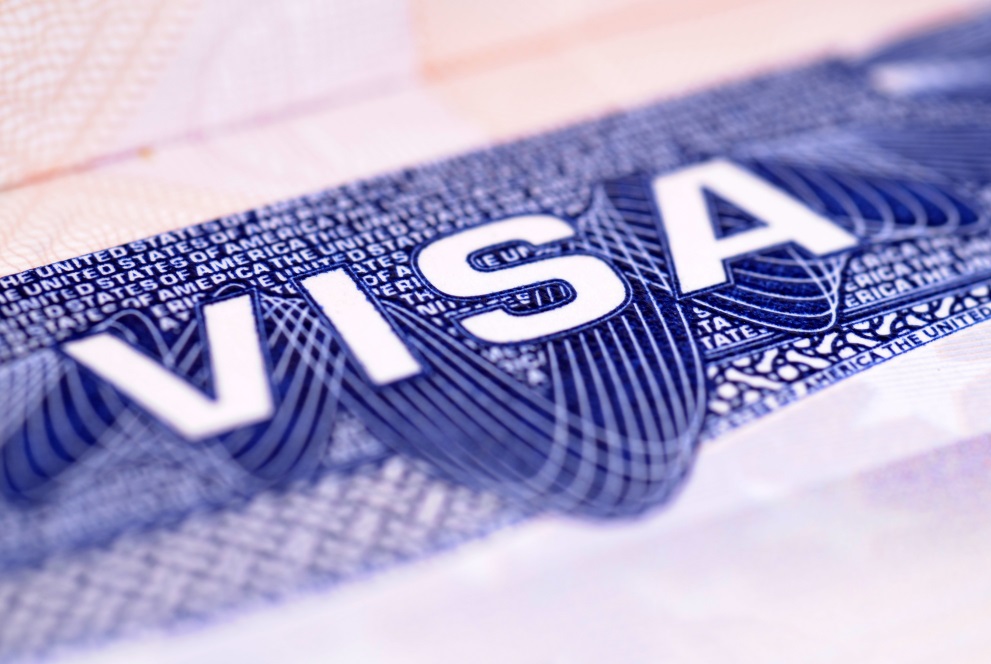Germany Aims to Accelerate Visa Processing for Non-EU Skilled Workers, Announces Minister Baerbock
Key Takeaways
1. Germany is working to accelerate visa procedures for non-EU skilled workers.
2. German Foreign Minister Annalena Baerbock announced that several steps have already been taken to streamline the visa process.
3. To maintain employment levels and prevent labor shortages, Germany needs to increase the number of national visas granted to foreign workers.
German Foreign Minister Annalena Baerbock has stated that the country is actively working on expediting work visa procedures for skilled foreign workers.
During a Greens party meeting, Minister Baerbock highlighted the need for foreign workers to support Germany's economy, prompting efforts to reduce waiting times for non-EU workers seeking employment in Germany.
Minister Baerbock noted that several measures have been implemented to facilitate visa processes for skilled workers in various countries. For instance, the waiting time for visas at the German Embassy in New Delhi has been reduced, although the exact new processing duration was not specified.
Additionally, the Minister mentioned plans to digitize the visa application process during the current administration's tenure. She emphasized that Germany aims to make skilled foreign workers feel welcome and is working to simplify further access to the German labor market.
Germany Needs to Grant 63% More Visas to Avoid Labor Shortages
Minister Baerbock's announcement comes amid labor shortages in Germany. To maintain employment levels, Germany needs to increase the number of national visas for foreign workers by 63%.
Germany must issue more visas to accommodate around 400,000 foreign workers annually to prevent worsening labor shortages. Among various efforts to attract foreign workers, Germany recently launched the Opportunity Card, facilitating non-EU nationals' entry to find suitable jobs.
Moreover, Germany will issue more work visas to nationals of Western Balkan countries, granting up to 50,000 national visas annually under the Western Balkan Regulation.

